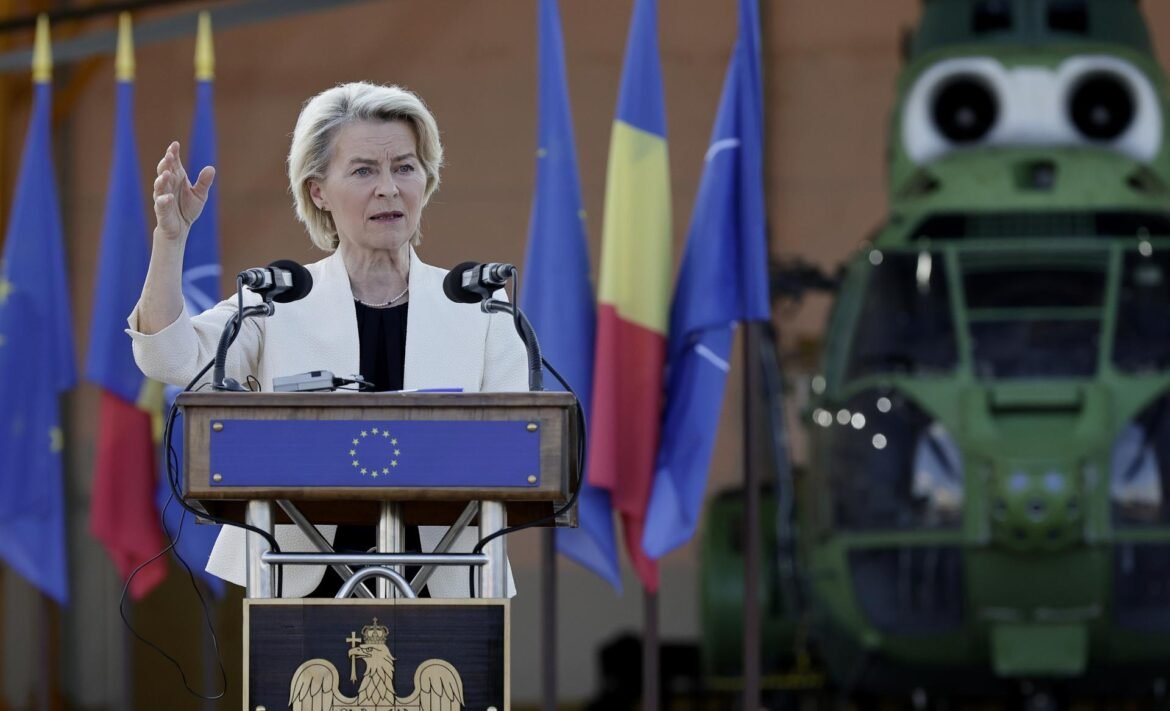The European Union (EU) intends to create its own intelligence service to gather and analyze security information provided by member countries, as revealed this Tuesday (11) by the Euronews and the Financial Times.
The proposal, promoted by the president of the European Commission, Ursula von der Leyen, aims to expand the operational use of data already available and strengthen Brussels’ role in coordinating the bloc’s security and intelligence policy.
“The secret services of EU countries know a lot. The Commission does too. We need a better way to bring all this together and be useful to partners,” he told Financial Times a source involved in the project.
According to the publications, the new body would be formed within the General Secretariat of the European Commission and would have servers provided by national intelligence agencies of EU member countries. The measure seeks to improve the European response to external threats, especially in the context of Russia’s invasion of Ukraine and uncertainty about United States military support in the event of an escalation of the conflict.
The initiative, however, has already sparked criticism among European diplomats, who see the plan as an attempt to expand the power of the European Commission in areas traditionally controlled by national states. Representatives of the European External Action Service (EEAS) warned that the new structure could duplicate functions already performed by the EU Intelligence and Situation Center (Intcen), which currently coordinates the exchange of strategic information between governments.
Although the plan has not yet been officially presented to the 27 countries of the European Union, diplomats say, according to local media, that countries such as Germany and France should resist granting new intelligence powers to Brussels. States with large national agencies, as is the case in the two countries mentioned, have historically shown caution in sharing confidential information with partners, especially with governments considered pro-Russia, such as Hungary.

